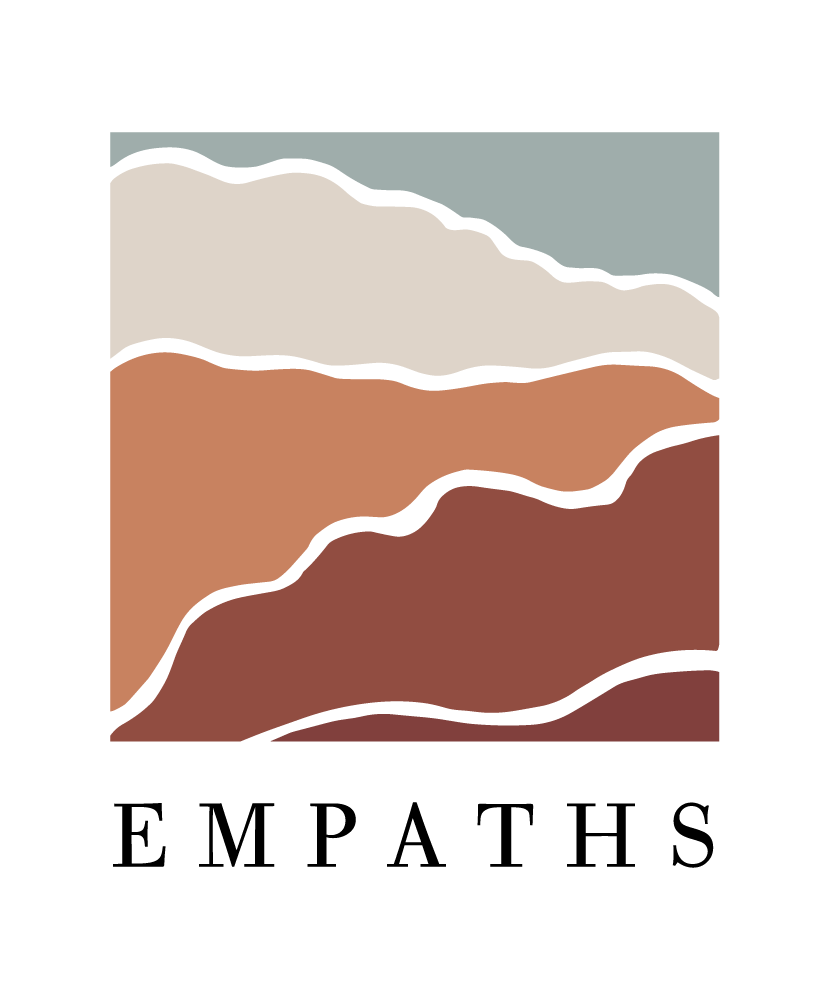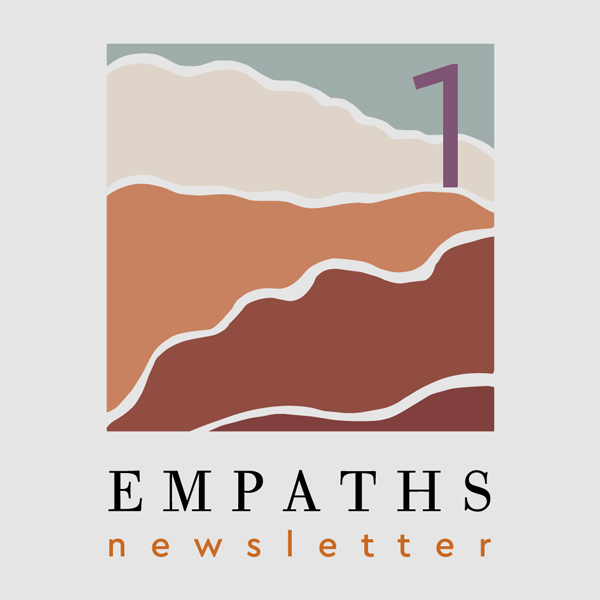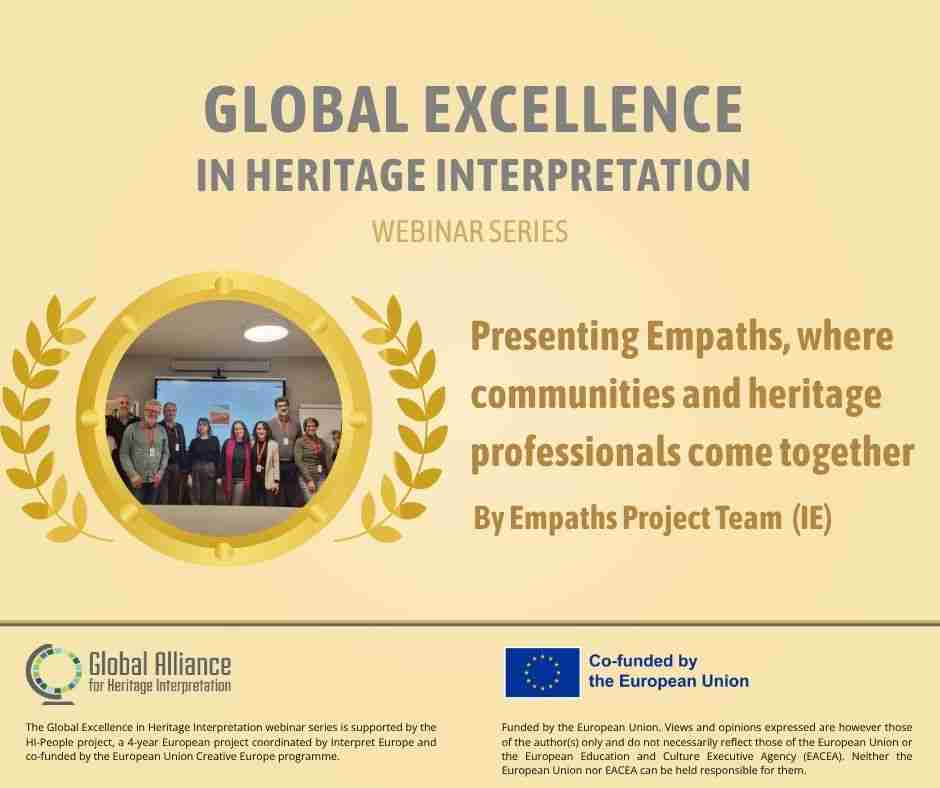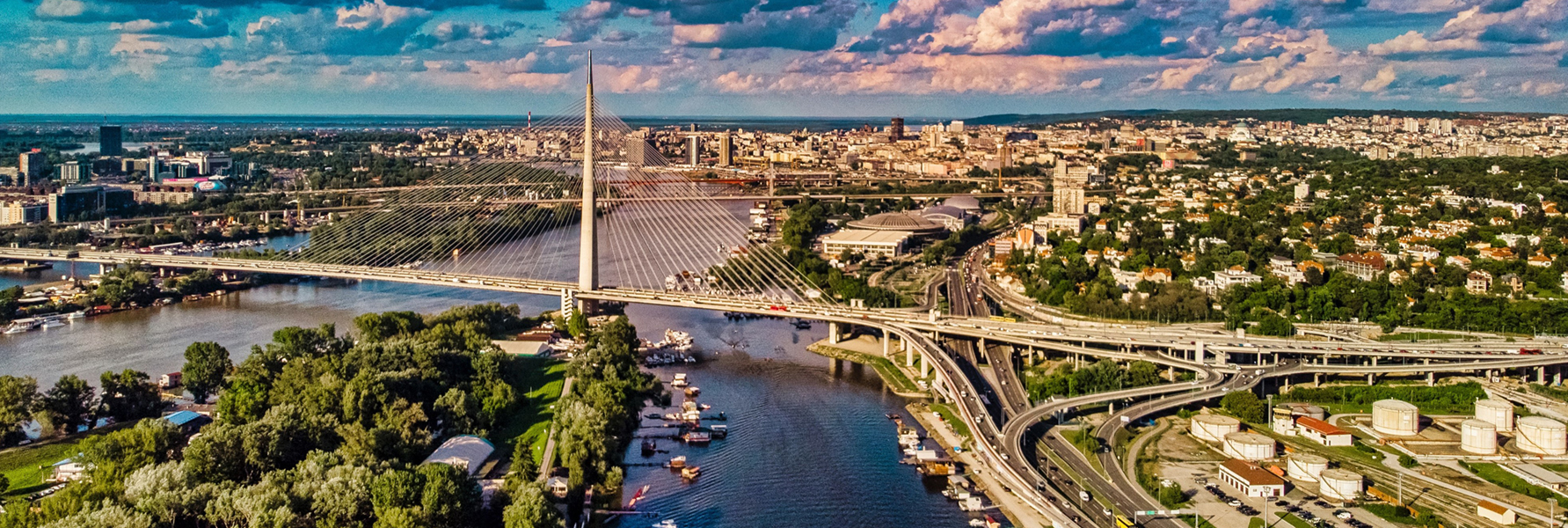What does participation in heritage really mean? How can we empower local communities to be more than just observers — to become co-creators of cultural meaning? These were the guiding questions behind the first two online co-design sessions carried out in Greece as part of the EMPATHS – Empowering Landscapes with Participatory Approaches to Heritage Interpretation Skills project, with the involvement of heritage professionals from Alexandroupoli and Rizía.
The interviews were implemented by the HERITΛGE Management Organisation and the Ethnological Museum of Thrace, and marked the first structured opportunity for focused dialogue between technical partners and piloting organisations. The aim: to shape a training programme that reflects real-world conditions, enhances professional capacities, and motivates participants and their colleagues to join the upcoming pilot training.
In Alexandroupoli, the “Dromeas Thrace” group shared its extensive experience in organising walks that blend light physical activity, psychotherapy, storytelling, and cultural interpretation. Despite their success and long-standing community presence, the participants identified key needs: structured participation methods, improved team coordination, and tools to collect and filter ideas without compromising the quality of the experience.
In Rizía, the deep-rooted work of the local cultural association revealed the importance of intergenerational collaboration and the challenge of engaging younger audiences. While volunteerism remains strong, there is a lack of structured knowledge for designing and sustaining cultural initiatives. Practical training in heritage interpretation, group organisation, and local memory work was seen as essential for sustainable impact.
A shared thread across both sessions was the desire for participatory models that respect existing practices while introducing new tools and methods. Flexible learning formats — in-person, online, or blended — were seen as key, along with a human-centred approach to facilitation, led by trainers familiar with local realities.
These sessions were more than just exchanges of opinion — they were a starting point. A powerful reminder that heritage interpretation is not a one-way street, but a collective act of memory, identity, and imagination. EMPATHS aims to be a platform where local voices are not only heard, but empowered to shape the future of participatory heritage.








